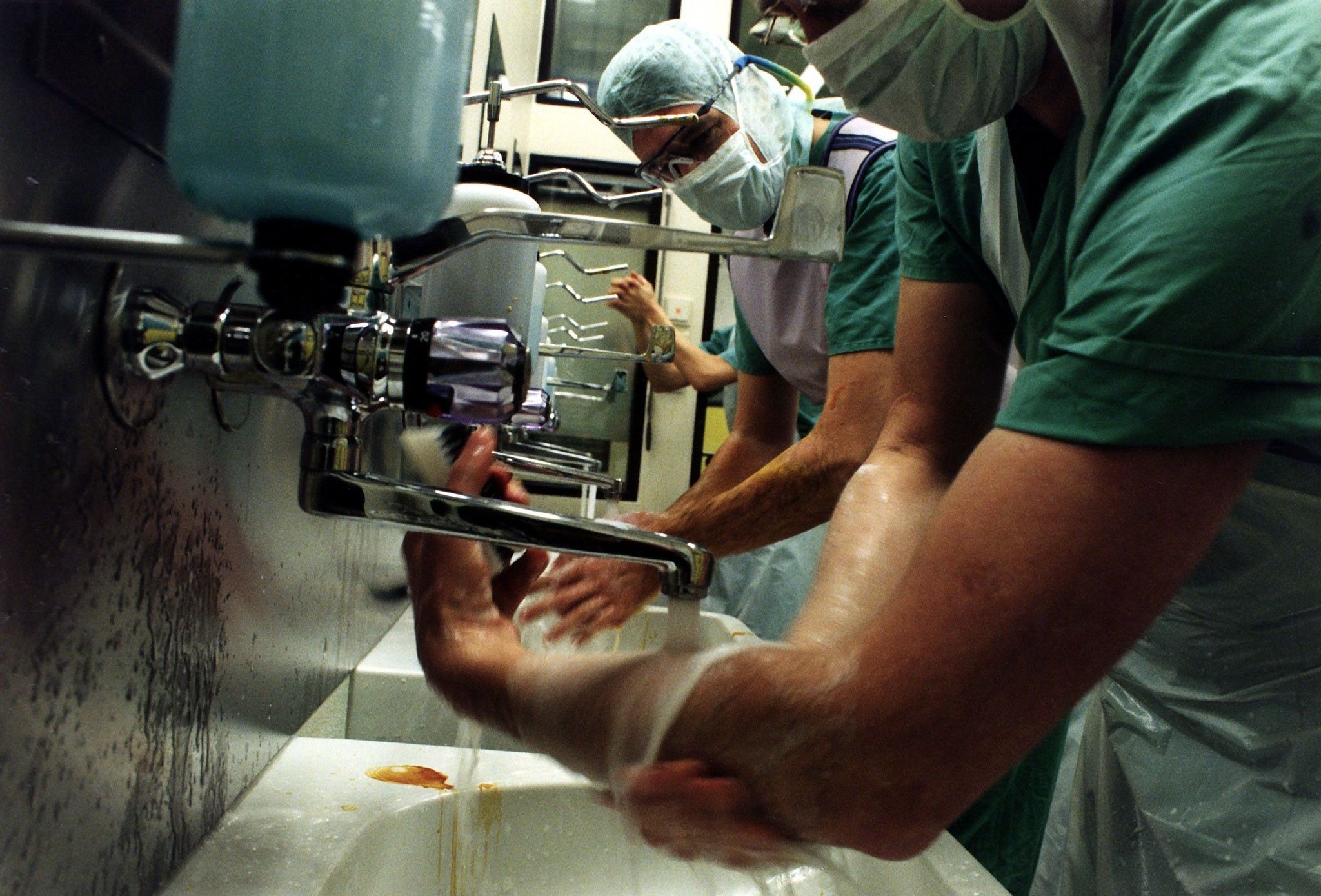
The green revolution in operating rooms: reducing water use
Changing the way surgeons prepare for surgery can reduce water consumption in hospitals
A recent study by the Campus Bio-Medico in Rome has revealed an astonishing truth: changing the way surgeons prepare for surgery can drastically reduce water consumption in hospitals.
The study
For two years, researchers have closely monitored water consumption during thousands of surgeries. The results were unequivocal: each intervention involved the waste of about 20 litres of drinking water, used for the traditional washing of hands with soap and water. Multiplying this amount by the total number of operations carried out, we get an alarming figure: a real river of water wasted every year.
A change of course is necessary
Faced with this scenario, the researchers decided to experiment with an alternative: the use of alcohol-based disinfectant gels. The results were surprising: the gel was just as effective in eliminating bacteria, ensuring maximum hygiene in the operating room, but with a water consumption practically zero.
The benefits are manifold
- Water savings: Millions of litres of water can be saved each year, helping to mitigate the growing global water scarcity problem
- Cost savings: Disinfectant gel is much cheaper than water and soap, generating significant savings for hospital facilities
- Lower environmental impact: Less water used means less energy consumed for its treatment and a reduction in greenhouse gas emissions
- Leading by example: Hospitals can become a model of sustainability, inspiring others to follow their example
Why is it so important?
The health sector is one of the world’s largest consumers of resources. Reducing water consumption in hospitals means not only protecting the environment, but also improving the efficiency of facilities and reducing costs. It is also a strong signal that small individual actions can have a significant impact on the community.
A more sustainable future
This study opens new perspectives for a more sustainable future in the health sector. Adopting more environmentally friendly practices does not mean sacrificing quality of care, but on the contrary, it represents an opportunity to improve process efficiency and provide better service to patients.
Sources and images


